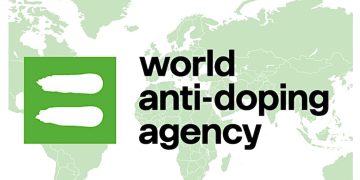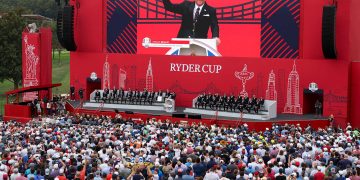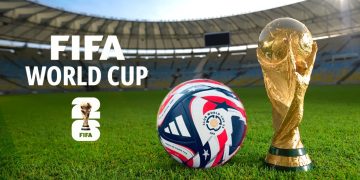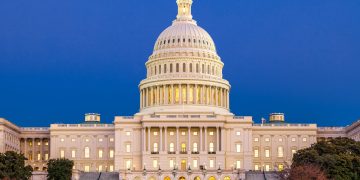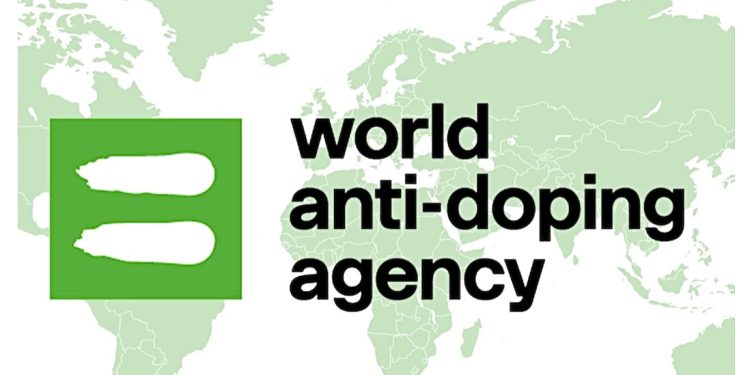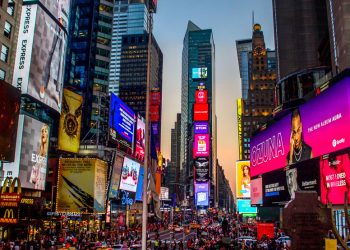One cannot mention the World Cup without mentioning a key player in global sports regulation: the World Anti-Doping Agency (WADA), whose headquarters are located in Lausanne, Switzerland. Present on the field with its DCO (Doping Control Officers), WADA plays an essential role in maintaining the integrity of sport by ensuring rigorous controls throughout the tournament.
During this historic edition of the 2026 World Cup, WADA will deploy its teams in stadiums and training centers to carry out random samples, ensure compliance with the World Anti-Doping Code, and prevent any form of cheating related to the use of prohibited substances. Thanks to its close collaboration with FIFA and the national agencies, it ensures that the competition takes place in a spirit of transparency, fairness, and respect for the rules.
The presence of WADA at this event demonstrates the growing importance given to the fight against doping in high-level football. It reminds us that behind every moment of glory on the field, there is also a firm commitment to clean and ethical sport.
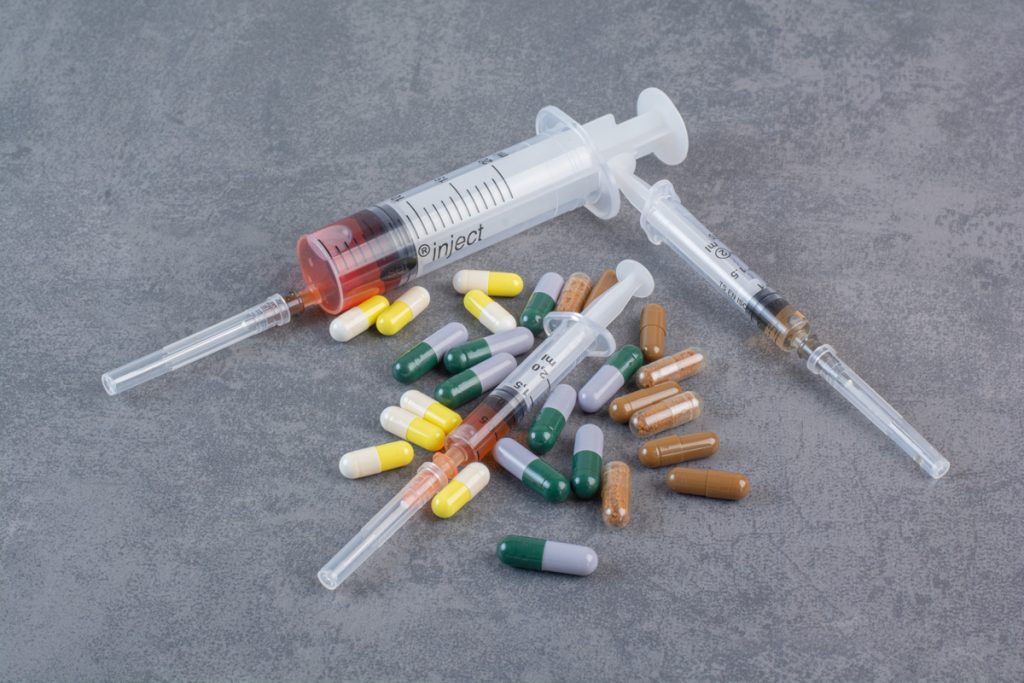
Role and main missions
Develop the World Anti-Doping Code: a set of harmonized rules that all sports federations and signatory countries must comply with.
Supervise anti-doping controls: it trains and mandates DCO (Doping Control Officers) to take urine and blood samples from athletes, in competition or out of competition.
Accredit laboratories: only WADA certified laboratories can analyze samples.
Promote scientific research: it funds studies to detect new doping substances and improve detection methods.
Educate and raise awareness: it develops programs to inform athletes, coaches and federations about the risks of doping and the values of clean sport.






